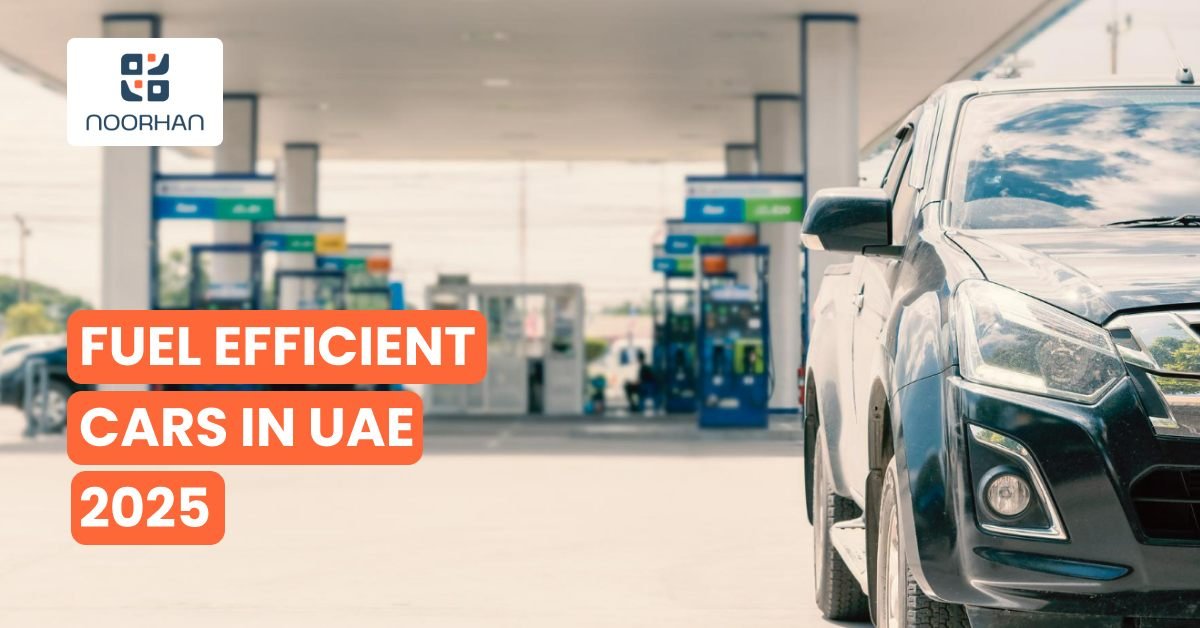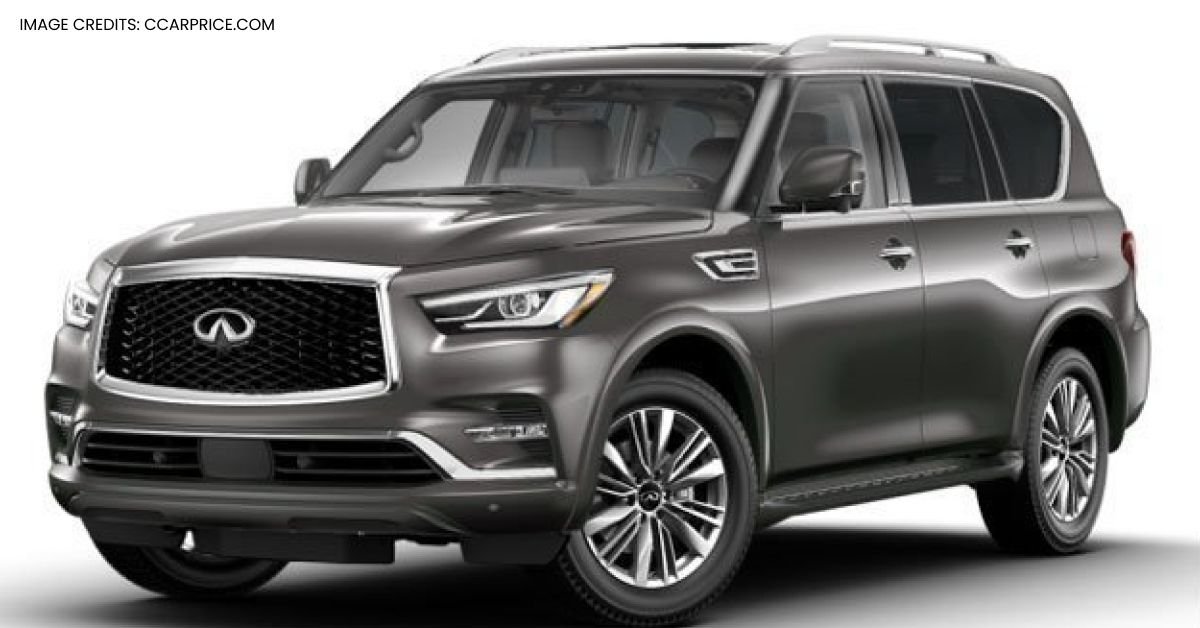-
UAE Child Car Safety LawsUAE Child Car Safety Laws
-
Choosing the Right Car SeatChoosing the Right Car Seat
-
Installation and Use of Car SeatsInstallation and Use of Car Seats
-
Safety Measures for Driving with ChildrenSafety Measures for Driving with Children
-
Educating Children about Car SafetyEducating Children about Car Safety
-
Common ChallengesCommon Challenges
-
Importance of Regular Safety ChecksImportance of Regular Safety Checks
As a parent or caregiver in the United Arab Emirates, ensuring the safety of your little ones while on the road is paramount. The UAE has specific regulations and guidelines in place to protect children during car journeys. This comprehensive guide will explore essential considerations for driving with infants, newborns, and toddlers in the UAE, helping you navigate the roads safely and legally.
Understanding UAE Child Car Safety Laws
The UAE government has implemented strict laws regarding child safety in vehicles. Here are the key regulations you need to be aware of:
Age and Size Requirements
- Children up to four years of age must be secured in a child safety seat. This regulation is vital as studies show that using an appropriate car seat can reduce the risk of fatal injury by over 70% for infants and toddlers in crashes.
- Children under ten years old and less than 145 cm in height are not allowed to sit in the front passenger seat. The front seat can be hazardous for children due to airbags and the proximity to the dashboard.
- All passengers, including those in rear seats, must wear seat belts. This law emphasizes that safety measures should not only apply to children but to all occupants of the vehicle.
Penalties for Non-Compliance
Familiarizing yourself with the penalties associated with non-compliance is essential. Here are some of the consequences you could face:
- Failing to use a child car seat for children up to 4 years: AED 400 fine and 4 black points on the driver’s license.
- Allowing children under ten to sit in the front seat: AED 400 fine and 4 black points.
- Not wearing seat belts (all passengers): AED 400 fine and 4 black points.
The financial penalties serve as a reminder that child safety laws are strictly enforced to protect the youngest and most vulnerable passengers on the road.
Choosing the Right Car Seat
Selecting an appropriate car seat is crucial for your child’s safety. Here’s a guide to help you choose the right seat based on your child’s age and size:
| Seat Type | Age Range | Weight Range | Key Features |
|---|---|---|---|
| Rear-facing Infant Seat | Birth to 18 months | Up to 13 kg | Provides best protection for head, neck, and spine. It’s vital for infants as their skeletal structure is still developing. |
| Forward-facing Seat | 9 months to 4 years | 9 to 18 kg | Offers increased head and side-impact protection. It’s recommended to keep children in this seat until they outgrow it. |
| Booster Seat | 3 to 12 years | 15 to 36 kg | Elevates the child to use the vehicle’s seat belt properly, ensuring that the lap belt fits across the thighs and the shoulder belt fits across the chest. |
Important Considerations
- Always purchase car seats from authorized vendors approved by the Emirates Authority for Standardisation and Metrology (ESMA). Avoid buying from unreliable sources to ensure the safety standards are met.
- Ensure the car seat has passed crash tests and is properly labeled with classifications for different age groups and weight categories. Look for seats that comply with international safety standards.
- Avoid used car seats unless you can verify their safety history and condition. Many parents may be tempted to save money by purchasing used car seats, but it’s essential to know their history, including whether they have been in a crash.
Proper Installation and Use of Car Seats
Correct installation and use of car seats are just as important as choosing the right one. Follow these guidelines:
Installation Tips
- Carefully read and follow the manufacturer’s instructions for installation. Each car seat is different, and understanding the specifics is crucial for safety.
- Ensure the car seat is securely fastened and doesn’t move more than 2.5 cm in any direction. A properly installed car seat should feel stable and secure.
- For rear-facing seats, maintain the correct angle to support the baby’s head and neck. This angle is often specified in the manual and is crucial to prevent the child’s head from flopping forward.
Usage Guidelines
- Always use the harness system provided with the car seat. Make sure the harness fits snugly against your child’s body.
- Adjust straps snugly – you should only be able to fit two fingers between the strap and your child’s collarbone. This ensures that the harness is neither too loose nor too tight.
- Remove bulky clothing before securing your child in the seat to ensure a proper fit. Thick coats can create extra space between the harness and the child, compromising safety.
Additional Safety Measures for Driving with Children
Beyond using the correct car seat, there are several other safety precautions to keep in mind:
In-Car Safety
- Activate child locks on rear doors to prevent accidental opening. This simple step can prevent curious toddlers from opening doors while the car is in motion.
- Secure loose objects in the car to prevent them from becoming projectiles during sudden stops. Items such as bags, toys, or even bottles can cause injury if they fly around inside the vehicle.
- Never leave children unattended in the vehicle, even for a short time. The risks of heat exposure or unauthorized access to the car are significant, even if you are only away for a moment.
Climate Considerations
- Given the UAE’s hot climate, always check the car’s interior temperature before placing your child inside. A parked car can heat up rapidly, leading to heat-related illnesses.
- Use sunshades on windows to keep the car interior cooler. These shades can block harmful UV rays while keeping the temperature down.
- Ensure your child stays hydrated during car journeys. Keep a supply of water available, especially during long trips.
Emergency Preparedness
- Keep a first-aid kit in the car at all times. A well-stocked kit can be a lifesaver in case of minor injuries during travel.
- Teach older children how to unbuckle their seat belts and open car doors in case of an emergency. Knowing how to react can be crucial in unexpected situations.
- Have emergency contact information easily accessible in the vehicle. Consider keeping this information in a visible spot, such as on the sun visor or in the glove compartment.
Educating Children about Car Safety
Creating a culture of safety starts with education. Here are some tips to help your children understand the importance of car safety:
- Explain why car seats and seat belts are necessary in an age-appropriate manner. Understanding the “why” can help children feel more involved and less resistant.
- Be a role model by always wearing your seat belt and following traffic rules. Children often imitate their parents, so showing safe behavior can influence their habits.
- Make buckling up a consistent routine from the very first car ride. Establishing habits early helps children understand that safety is non-negotiable.
- Praise children for good behavior in the car, including wearing their seat belts properly. Positive reinforcement encourages them to continue following safety measures.
Overcoming Common Challenges
Parents in the UAE may face several challenges when it comes to car safety for children. Here’s how to address some common issues:
Resistance to Car Seats
- Involve children in choosing their car seats (color, design) to increase their enthusiasm. When children feel a sense of ownership, they are more likely to comply.
- Make car rides fun with games, songs, or stories to distract from discomfort. Engaging children with entertaining activities can make the car seat feel less restrictive.
- Be consistent with car seat use – never make exceptions. Consistency is key to building safe habits.
Hot Car Interiors
- Use reflective sun shades on windows when parked. These can significantly lower the interior temperature of your vehicle.
- Start the car and run the air conditioning before loading children. This practice helps cool down the car before the little ones enter.
- Dress children in light, breathable clothing for car journeys. Fabrics like cotton are ideal for keeping kids comfortable in the heat.
Long Journeys
- Plan regular breaks for stretching and bathroom stops. Frequent breaks help prevent restlessness and allow children to release energy.
- Pack healthy snacks and drinks for the journey. Nutritious snacks can help keep energy levels steady and prevent crankiness.
- Bring age-appropriate entertainment like books or quiet toys. Having something to occupy them can make long trips much more manageable.
The Importance of Regular Safety Checks
Maintaining your vehicle and car seats is crucial for ongoing safety. Consider the following:
- Regularly inspect car seats for wear and tear, replacing them if damaged or expired. Car seats typically have an expiration date, and using an expired seat can compromise safety.
- Keep up with your vehicle’s maintenance schedule to ensure all safety features are functioning properly. Regular checks can prevent potential issues from arising unexpectedly.
- Stay informed about any recalls or safety notices for your car seat or vehicle model. Being proactive can help you address safety concerns before they become serious issues.
Conclusion
Driving with infants, newborns, and toddlers in the UAE requires careful attention to safety regulations and best practices. By choosing the right car seat, installing it correctly, and following the guidelines outlined in this article, you can significantly reduce the risk of injury to your child in the event of an accident.
Remember, child car safety is not just about complying with the law – it’s about protecting the most precious cargo you’ll ever carry. Stay informed, stay vigilant, and always prioritize your child’s safety on the road.
By following these guidelines and staying up-to-date with the latest safety recommendations, you can ensure that every journey with your little ones is as safe as possible in the UAE’s unique driving environment.
Where can you buy Auto Spare Parts in Dubai?
Auto Spare Parts are available at different suppliers and dealers of auto spare parts in Dubai. Noorhan is amongst the leading brands that deal with genuine auto spare parts and aftermarket parts for different car brands, including BMW, Mercedes, Audi, Porsche, Honda, Toyota, Nissan, Mazda, Jeep, Ford, and other Japanese, European, American, Korean, luxury cars brand.
If you’re looking to replace your Auto spare parts with high-quality aftermarket parts in Dubai, Noorhan can help you.









